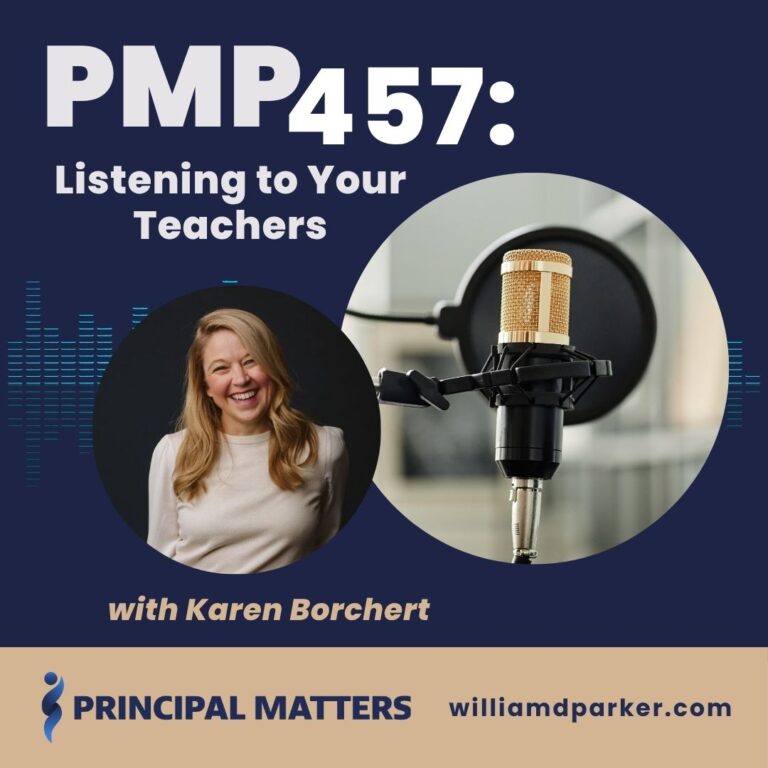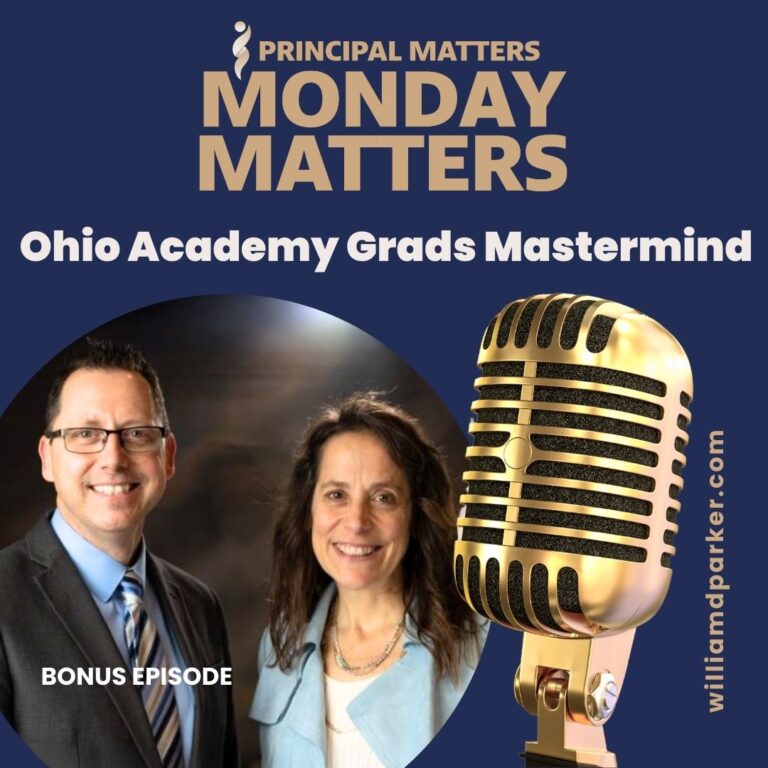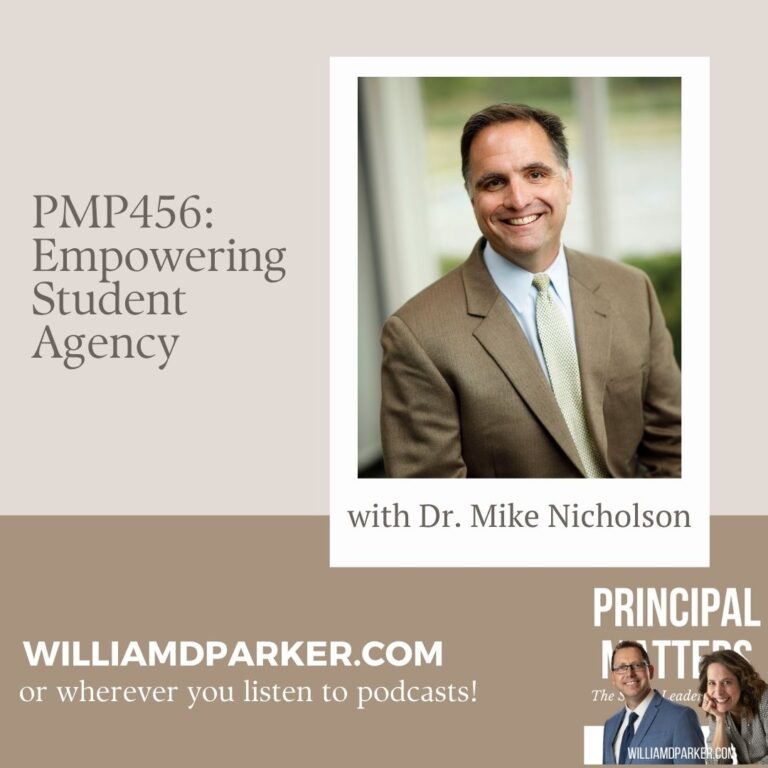Podcast: Play in new window | Download
When I was ten years old, I had an old tape cassette player.
It was the kind that had a built-in speaker and looked like a radio the size of small book. You know, the kind with four square buttons on top: Rewind, Forward, Play, and Record.
Sometimes I’d lay on the carpet and tape myself making random comments. One day, I pushed the record-button and said, “Good morning, ladies and gentlemen. And welcome to WSM-Radio. This is your host, William Parker.” And for the next 20-minutes or so, I narrated my own news, weather, commercial breaks and updates—all in different voices.
Sometimes I played inside a cardboard box with a cut-out rectangle opening in the front. With a pencil, I had drawn-on some dials for changing channels. I’d entertain any of my siblings willing to watch me in my pretend-television. Once I set up chairs in a row in the living room and gathered my four siblings to sit there. We sang hymns, and then they listened to me preach. Afterwards, I served crackers and Kool-Aid for communion.
Becoming An Early Storyteller
When I was in grade-school, I attended a K-8 school in rural West-Tennessee. It took 45-minutes to ride to or from school. I’d spend a lot time daydreaming while I looked out the rectangle bus window at the passing sage brush, tall pines, or the lonely farm houses surrounded by soy bean fields. There were about 35 other students in my grade. I must have been a struggling reader because I remember a lady, who must have been a reading specialist, who would lead me into a small room with for extra reading instruction.
From my earliest memories, I have always loved stories. I remember the picture book my kindergarten teacher read us about the life of Abraham Lincoln. During middle school, my friends would ask me to tell them stories. I guess they were bored, but during study hall or times when we were just waiting together, I’d make up stories to tell them.
During 8th grade, Ms. Owens, my Language Arts teacher said, “William, next year, you’ll be at the county high school. There are 1,800 students at that school and they offer Honors courses. I think you should enroll in Advanced English next year. You’re a good writer.” No one had ever told me that before.
When I started ninth grade, English was my only Honors class, and I was so intimidated by all the other students who seemed so comfortable there. I struggled with the assignments—formal writing, research and grammar seemed tedious. But one day, my teacher, Ms. Montgomery told us we were learning about short stories. And our final assignment was to write our own.
I earned a 99% on that paper. I think one reason I scored so high was because the grade included points for reading it aloud, and I loved to read aloud.
I guess I shouldn’t be surprised that I like communicating. Even through college, I ploughed my way through Advanced Grammar and History of the English Language. But I loved creative writing and enjoyed my communications elective. And when I started teaching High School English, I was thrilled during my third year, when I was given the opportunity to teach creative writing as an elective course.
Stories for Escaping
Whenever my students were writing poems, stories, or one-acts, I would jump right in. Not only did I want them to learn to love writing, but writing gave me the opportunity to go places like no other medium.
I don’t know what other people do when they are bored, but I like to write. Writing also helps me escape during difficult moments. Let me explain what I mean. Whenever I’m sitting in the dentist chair, and the dental assistant begins cleaning my teeth, that grinding, buzzing, high-pitched squeal makes me feel like I’m being tortured. It’s during one of those moments, that I just close my eyes and go someplace else…
I’m back on the farm. It’s spring, and I’m in the garden with my grandparents. Grandad is wearing kaki work clothes and old plow boots. His John Deere hat is cocked side-ways over his brow, and he leans on the handle of his hoe. Grandma is in her sundress, and she wiping her brow with the back of her wrist…
The sun is beating down on us as we row thin lines in the fresh tilled dirt. I scrape and move, scrape and move, walking backwards with my bare feet in the moist soil. I can smell the heat rising from the clods of dirt. I feel the touch of the wooden handle as my hands vibrate with the swift pulls.
“Rinse, please,” says the dental assistant. And I snap back to reality.
When I started blogging five years ago, I found a way of sharing about lessons in school leadership through the pedagogy of story-telling. Later those stories led to my first books and then to podcasting.
A Question I’m Often Asked
People often ask me how I found time to write two books and publish a podcast as a principal. I learned how to combine tasks. Whenever I attended after school events or games, I’d take my laptop along. Before a game or during half-time, I’d write. One night at a freshman football game, it began to rain, and the officials postponed the game for lightening. I sat in my Honda Pilot and recorded that week’s podcast. If have recorded episodes in hotel rooms, my office, the cab of my car, empty conference rooms, or the kitchen table at my house.
Today is the release my 100th podcast, and to date, it has been downloaded over 100,000 times now since episode one. As I hit this milestone in my story-telling, I’m actually sitting on my daughter’s bed recording while the family is watching an episode of Dr. Who. I’m not a big fan, so this was a better option for me.
Frankly, I’m surprised that others take time to read or listen to these episodes. In some ways, writing and podcasting is a one-sided conversation. But I always try to keep others in mind when I am sharing. When someone reaches out to me after one of my posts, I’m pulled back to reality that the conversation really is two-sided.
Inspiring Story from Principal Melissa Ferguson
Several weeks ago, I received this email from Melissa Ferguson, Principal of Tishomingo Elementary Principal in Tishamingo, Oklahoma.
She wrote:
I am not one to brag and light my own candle, so please know and hear my heart as I share a few things that have helped tremendously in building relationships this school year. I share only in hopes you might share with others that may be struggling in ideas for relationship building.
Due to budget restraints and such, my staff numbers have continued to decrease each year. No one has been fired, but as teachers and staff members resigned, we have not been rehiring to replace them. As this has been the practice the past 2-3 years, I am not operating on a skeleton crew.
Last spring, my elementary school counselor and school nurse both resigned. I was given the challenging task of operating without both of these key people, without a decrease in morale. Before, I was many times seen as the “bad cop” while my counselor was able to play “good cop.” I was determined to change this stereotype as I knew I would need to serve in both capacities… I needed my staff, students, and parents to trust me like never before. It has been a great challenge that has grown me and my staff!
I began by taking my staff on a school field trip, BEFORE school began. The last week of July, we visited the Air and Space Museum in Tulsa and then ate at Ted’s Mexican Restaurant. Our school theme was “Journey to the Stars” and air and space was our common platform teachers used to decorate and prepare for the year.
This field trip was a wonderful time of relationship building with STAFF. They were also given their class lists for the new year so that they knew what students would be in their class…. this is huge for elementary teachers! HAHA! Lunch was provided and we traveled on our school activity bus. It was a great launching pad to start the year.
On Wednesday mornings, we as a staff now have a voluntary “mid-week Pick-me-up” devotional time at 7:00 in the morning. When the school year started we only had around 4-6 people a week, but it is steadily growing. Last week we had 10. This has been a great time of sharing encouraging words, thoughts, songs, Bible verses, devotions and more. It is incredibly exciting how much this is strengthening my staff and drawing us all closer together.
Now, the challenging task of building POSITIVE relationships with my students and families was a little more difficult. So, I stepped out of the ordinary and set up “princiPAL FUN visits” with families. I asked families if they would want me to visit their homes to simply have a play-date with students. I had over 120 families respond “YES!” So, after school, I go home and change out of my principal clothes and into my “PAL” clothes, wearing t-shirts and athletic pants or shorts.
Activities at the home to date have included feeding horses, cow, and chickens (and collecting the eggs); riding in a Razor around a golf course (while student is driving); riding in a Ranger to check fences (while student is driving); playing soccer, basketball, Uno, Monopoly, Jenga, and other games; making slime; climbing a tree; playing disc golf; playing “school” where I was the student and the kiddo was the principal (this one has a great story… LOL); coloring and drawing; playing Barbie; decorating pumpkins; climbing in a Bat Cave; jumping on the trampoline; playing cops and robbers; digging in the dirt with loaders and dump trucks….. this list truly goes on and on!
Finally, I am sure to recognize ALL birthdays… both staff and students. Students come to the office for a birthday bookmark and pencil as they are wished a Happy Birthday on their special day for ALL to hear, and staff members receive a personal hand-written card from me, thanking them personally for all they do and wishing them new blessings on this new year of life.
The bottom line, this project of PrinciPAL Fun Visits, mid-week Pick-Me-Ups, celebrating birthdays, and showing honor and value to students and staff, have all turned the atmosphere at my school around.
I have parents AND students AND staff that have commented something along the line of, “What is different this year?! I’m not sure what it is… but I like it.” It is truly amazing the change I have seen in discipline referrals, complaints from teachers or parents, and the attitudes of my students and staff.
Thanks for taking time to allow me to share, and AMEN to your message…. relationships are paramount to a successful foundation for learning!
Messages like Melissa’s remind me why we need connection with other school leaders. We are not alone in our desire to make a difference in the lives of others.
I Wouldn’t Want To Do That!
At the same time, we all have different gifts and skills for serving others. A few weeks ago, I was having lunch with a friend of mine who is a director for a Career Technology Center. While I was eating a sweet-potato-fry, he looked at me and said, “Will. I’m glad you like to speak. Because I wouldn’t enjoy what you do.”
I was surprised. Somehow, in my mind, I thought everyone would enjoy public speaking or telling stories, writing, and podcasting.
When I asked him to elaborate, he said he loves working with people one-on-one, or even teaching classes. But talking to strangers was intimidating and something he just does not enjoy.
I sometimes forget that what I consider enjoyable may not be fun for others. But when I thought more about it later, I realized that what may seem “normal” for me may seem unique or even extraordinary to others.
But I believe the same is true for everyone. Think about these questions for a moment in evaluating your own tendencies:
- What is a normal, everyday task you accomplish, that may seem uncomfortable or unique to someone else.
- Is it possible that something you do and consider “normal” may be extraordinary to someone else?
- Have you thought about ways you might begin sharing those ideas with others?
Now let me point these next thoughts toward those of you who may relate to my joy for story-telling or sharing ideas with strangers.
Would You Like To Grow Your Platform?
A few weeks ago, I was talking with my friend, Dr. Judi Barber. She was my guest on episode 99 of my podcast, and she is a mentor to many school leaders. I was explaining how blogging, podcasting, social media, and newsletters have helped me create a platform for sharing with others.
“I’m wondering,” I said, “whether or not there may be others who would like to learn from me some ways they can build their own platforms…how to create their own strong digital footprint?”
“Well,” she said, matter-of-factly, “why don’t you ask them in your next podcast? Put a shout-out and ask them. Then tell them to email you if they’d like to join a special group to learn the ways you’ve built own platform.”
So, as I’m celebrating this 100th podcast episode, I’ve decided to take Dr. Barber’s advice. You may not be interested in participating in the follow-up, and that is okay. But if you are interested in platform building, here is my shout-out:
If you are an education leader who wants to build a stronger platform for sharing, how would you answer these questions:
- Are you interested in learning about the mindset it takes for platform building?
- Do you want to learn the strategies and processes necessary for sharing and messaging to a wider audience?
- Would you like ideas on how you can utilize your own specific pedagogy to target specific social media strategies for increased engagement?
- Would you like to learn more about building your own digital footprint—specifically my takeaways on blogging, podcasting, social-media tools, or subscription email campaigns?
If you answered yes to those questions, I want you to email me at will@williamdparker.com. Simply say “Count me in!” in the message title and include your contact information. Depending on how many responses I receive, I will reach back with some ideas I’m considering for building a PLC around how to grow your own capacity for platform building.
If you answered “no” to those questions, you probably stopped reading this post by now or turned off this episode already. But if not, thanks for staying with me.
Let’s Wrap This Up
Last week I spoke at an event for Assistant Principals in southern Alabama. I flew into Pensacola, Florida the day before and checked out a rental car. As I was waiting in line for my car, the attendant told me they did not have the requested economy-model ready. “How would you feel about driving a Mustang instead? No extra-charge.” “Sure,” I said, “Sounds fun.”
A few minutes later, I was cruising by the Gulf Shores. The sun was setting orange on the horizon, and I pulled into a public beach area and walked out onto the sand–tall grass was swaying in the dunes. White sand stretched across a scarlet horizon. The wind pushed at me through the sound of crashing waves. It felt like I was watching myself playing someone else’s part in story.
But I was so thankful for the opportunity to be there.
The next day, on the way back to the airport, I pulled up to a street-light. To my right was a Kubota back-hoe perched over a hole on the side of the road. Two men, in yellow vests, were in it up to their shoulders. I could see them plying their shovels. Orange, plastic pipes jangled in and out of the hole.
Suddenly, one of the men jumped up-and-down on the plastic pipes till the momentum pushed him in the air. He caught the side of the ditch with his knees and climbed out. He stood up tall on the level ground and laughed. At that moment, he caught my eye, and we smiled at each other before my light turned green, and I drove away.
As I passed rows of coconut trees, I couldn’t help but think back to the joy in that man’s eyes as he made the most of hard job. I thought back to the years I had worked extra jobs in addition to school—jobs like cutting wood, diving for shells, painting houses or mowing yards. Hard work brings a joy of its own.
It was at that moment, that I was thankful that storytelling has become a part of the work I enjoy. I may not have my old tape recorder in hand. And long ago, I lost my cardboard box-TV. But for one hundred episodes, I have enjoyed the privilege of telling stories.
Stories about life. Stories about leadership. Stories about why what you do matters!


